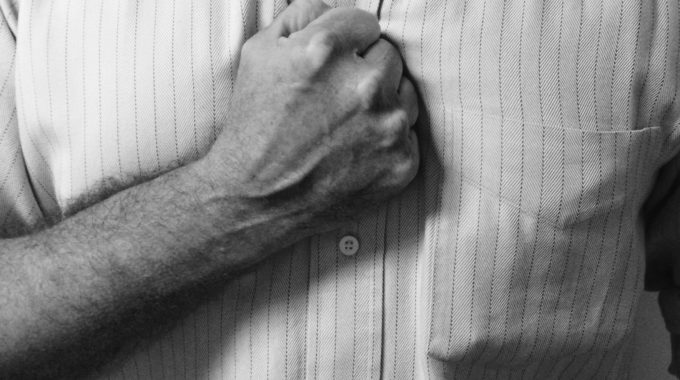Adapted from the writings of Dayan Yitzhak Grossman April 18, 2024 AP News reports: A…

Q&A From the Bais HaVaad Halacha Hotline
General Admission
Rav Aryeh Finkel
September 10, 2021
Q In the Vidui of Yom Kippur, some aveiros, such as chilul Shabbos, are not mentioned. Must I insert my own aveiros that are not listed into the Vidui?
 A The Gemara (Yoma 86b) discusses whether the obligation of Vidui requires a person to specify the aveirah that he committed. R’ Yehuda ben Bava says yes, R’ Akiva says no. The Rambam (Hil. Teshuvah 2:3) rules like R’ Yehuda ben Bava, but the Tur (O.C. 607:2) and Shulchan Aruch (ibid.) codify the view of R’ Akiva.
A The Gemara (Yoma 86b) discusses whether the obligation of Vidui requires a person to specify the aveirah that he committed. R’ Yehuda ben Bava says yes, R’ Akiva says no. The Rambam (Hil. Teshuvah 2:3) rules like R’ Yehuda ben Bava, but the Tur (O.C. 607:2) and Shulchan Aruch (ibid.) codify the view of R’ Akiva.
Nevertheless, the Shulchan Aruch writes that it is more correct to mention the specific aveirah. When a personal confession is added into the Vidui, it is undoubtedly more meaningful and effective (Mishnah Brurah ibid. 8).
Preferably, the aveirah should be inserted in its appropriate position in the Ashamnu’s aleph-bais sequence (Chayei Adam 143), so chilul Shabbos should be inserted under ches. This is not vital and may be forgone if arranging the Vidui gets too complicated. Even finding the Hebrew word for the aveirah is not necessary, as Vidui may be said in any language.
The Rama (ibid.) notes that personal additions are only for the private Vidui recited within the silent Shmoneh Esrei. At the communal Vidui recited during Chazaras Hashatz, one should not mention any personal aveiros. The pasuk in Tehillim (32:1) praises Hashem as the “One who carries wrongdoing and covers sin.” This indicates that the proper conduct is to avoid publicizing one’s sin, because doing so diminishes the honor of Hashem (Mishnah Brurah ibid. 6).
Aside from the Vidui, one should not forget about the other components of teshuvah, including charatah (remorse) and kabalah al he’asid (the undertaking of future improvement).





